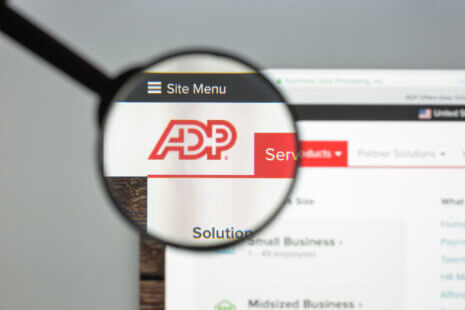Doing your own business taxes can be challenging, especially if you’re unfamiliar with tax laws and regulations or if your business has complex financial transactions.
Here are some factors to consider when deciding whether to do your own business taxes…
- Knowledge of Tax Laws – Understanding tax laws and regulations is crucial for accurately reporting business income, deductions, and credits. Tax laws can be complex and subject to frequent changes, so staying informed about tax updates relevant to your business is essential.
- Record-Keeping – Maintaining detailed and accurate records of your business income and expenses throughout the year is essential for preparing your taxes. Organizing and categorizing financial transactions can be time-consuming, but it’s necessary to ensure compliance with tax laws and maximize deductions.
- Complexity of Business Transactions – If your business has complex financial transactions, such as multiple revenue streams, inventory management, depreciation, or international operations, preparing your taxes can be more challenging. You may need to navigate various tax forms, schedules, and calculations to accurately report your business activities.
- Tax Software and Tools – Using tax preparation software like TurboTax or hiring a professional tax preparer can streamline the tax preparation process for business owners. Tax software can automate calculations, provide step-by-step guidance, and help identify tax-saving opportunities. It’s essential to choose the right software and ensure that it supports your business’s specific tax needs.
- Time and Resources – Preparing your own business taxes requires time, effort, and attention to detail. You’ll need to set aside sufficient time to gather documentation, input financial data, review tax forms, and file your taxes accurately and on time. Consider whether you have the resources and bandwidth to dedicate to tax preparation while managing other aspects of your business.
- Risk of Errors and Audits – Mistakes on your tax return can result in underpayment of taxes, penalties, interest charges, and potential audits by tax authorities. While tax software can help minimize errors, it’s essential to carefully review your tax return for accuracy and completeness. If you’re unsure about any aspect of your taxes, seeking assistance from a tax professional may be advisable.
The difficulty of doing your own business taxes depends on your familiarity with tax laws, the complexity of your business activities, the availability of resources, and your comfort level with tax preparation. Consider your specific circumstances and weigh the benefits and drawbacks of DIY tax preparation versus hiring a professional to assist you.




